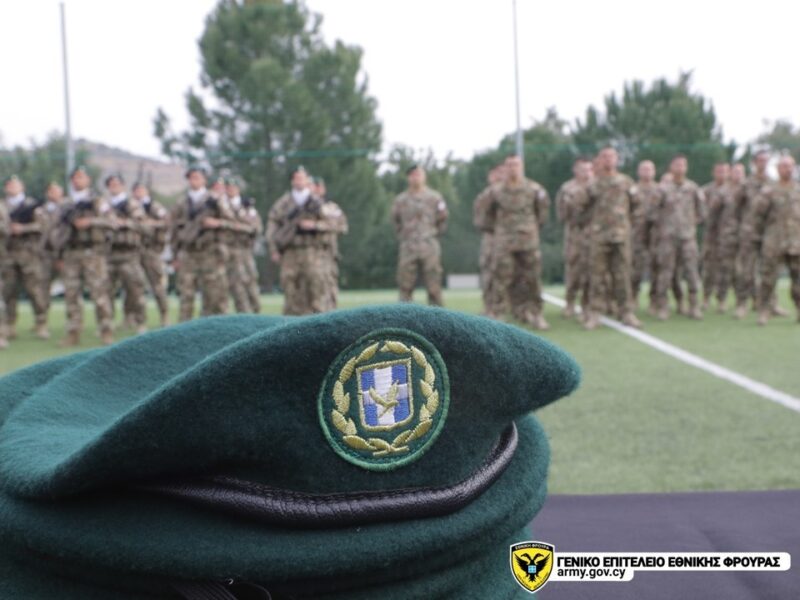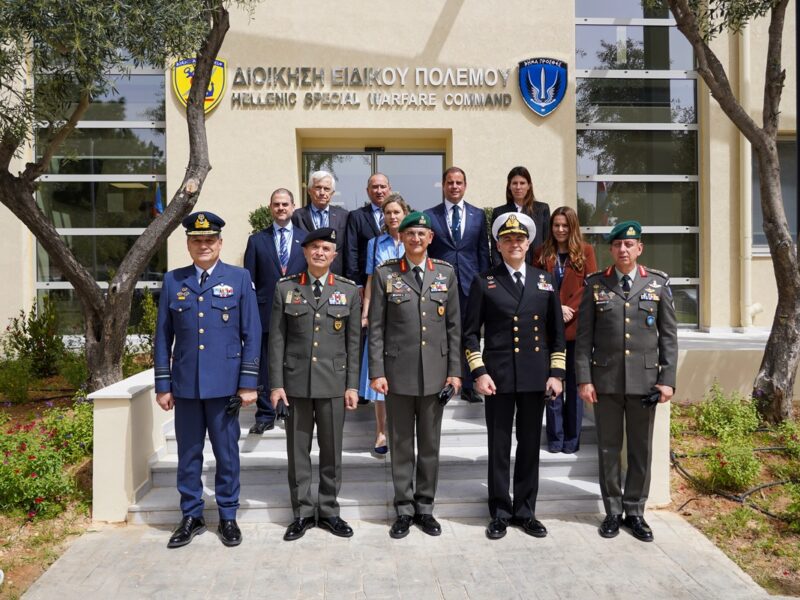This is written by Konstantinos Loukopoulos, Deputy General, Geostrategic Analyst and Executive Director at the “Euro-Mediterranean Security and Cooperation Observatory”
Egypt was the first stop of his tour of the African continent, with which he tries to show that Russia is not isolated, and addressing the representatives of the countries of the Arab League, Russian Foreign Minister Sergei Lavrov chose Egypt to… inform us that “he will help the Ukrainian people to get rid of the regime, which is completely anti-popular and against history”! Several commentators characterized this classic “public diplomacy” statement as a 180-degree turn since in April in an interview with an Indian television network, Lavrov assured that Moscow “does not plan to provoke regime change in Ukraine” adding that “it is up to the Ukrainian people to choose its leaders”.
Putin and the siloviki have specific strategic goals in Ukraine that are interconnected, and one of them is the overthrow of the Ukrainian political establishment, which Moscow considers “anti-Russian-pro-Western.” It is estimated that the aforementioned reassuring statement of last April was one of the well-known statements of disorientation by Russian Officials, while the recent one in Egypt is the one that we believe crystallizes Moscow’s intentions and desires. Just because he was silent on the matter for a period of time does not mean he abandoned this particular strategic focus. It is considered appropriate to point out that this particular statement by Lavrov is connected to another one he made last week regarding the expansion of the war beyond Donbass!
Of course the question arises why these statements now! One reason we see is that Moscow, after its indisputable slow but steady successes on the ground and the significant damage it is inflicting on Ukraine with the parallel war of attrition it is waging, believes is putting the political leadership in Kyiv in a more and more difficult position every day. He is trying to indirectly put the Ukrainian people in a power dilemma and of course to bend their will for further resistance. The losses, as the Ukrainian authorities themselves have stated, are terrifying and irreparable. To clarify that Russia has occupied 23-25% of the total territory of Ukraine and has created a wide and safe coastal corridor connecting Crimea (which it deepened with the capture of Kherson and Melitopol) via Mariupol with Donbass and from there with Russia.
Another reason is that there seems to have been a small internal crisis in Ukraine for two weeks which led President Zelensky to dismiss the head of the Security Services (SBU) Ivan Bakanov, Prosecutor General Irina Venediktova and 60 other Ukrainian officials of these services from their positions. Zelensky accused many of them of treason and collaboration with Russia. On the other hand, since the beginning of July, the member of the parliament Oleksiy Kovalev has been wanted for high treason since it was revealed that he has become the vice-president of the council that took over the government in Kherson, occupied by the Russian troops. All this shows that, although small, unfortunately there is still a latent Russian influence in the state structures of Kiev, something that Moscow is of course trying to exploit.
However, we believe that Moscow, despite bringing up the regime change in Kyiv again, prefers Zelensky to be the one forced to negotiate at least one truce that will either lead to some form of political settlement or turn the region into yet another frozen conflict with inevitable territorial losses for Ukraine. This would reduce Zelensky’s prestige within Ukraine and perhaps the pro-Russian political forces would find an opportunity to regroup because they also exist.
The statement of 18-year-old Russian Foreign Minister Lavrov that “the Russian and Ukrainian people will continue to live together and we will certainly help in this” is aimed at them. It would also reduce the prestige of the “West” which supports the current Ukrainian Government. In Moscow they see that some intemperate statements of the Ukrainian President are creating political discomfort in countries that support him, such as Canada, Germany and even recently with Greece which he threatened with… sanctions, apparently dissatisfied with the attitude of Greek shipowners to transport Russian oil and natural gas, ignoring of course the fact that there is no ban on this.
In Russia it took four to five months to get on track to victory as we analyzed in our recent article in the Liberal on July 10 titled “Is Russia on the Path to Victory in Ukraine?” and maybe it will take her another …five to finalize her victory as I had emphatically emphasized in international media. With or without Zelensky in power! And here with the opportunity to say that we draw clear lines between wishful thinking and the harsh reality taking shape. After all, as I’ve said before, only in the movies do “the good guys” always win, and the good guys can’t be the ones who violated international legality.
However, what we were advocating, namely “that Ukraine does not lose and Putin does not win” seems to be impossible to achieve in the end. But it would be better to say that it should be sought that Ukraine does not lose much and let Russia lose as much as possible with any fury of its victory. The continuation of operations is likely to make Kyiv even weaker in future negotiations and additionally undermine Zelensky’s acceptance within Ukraine, something Moscow is ardently seeking.


